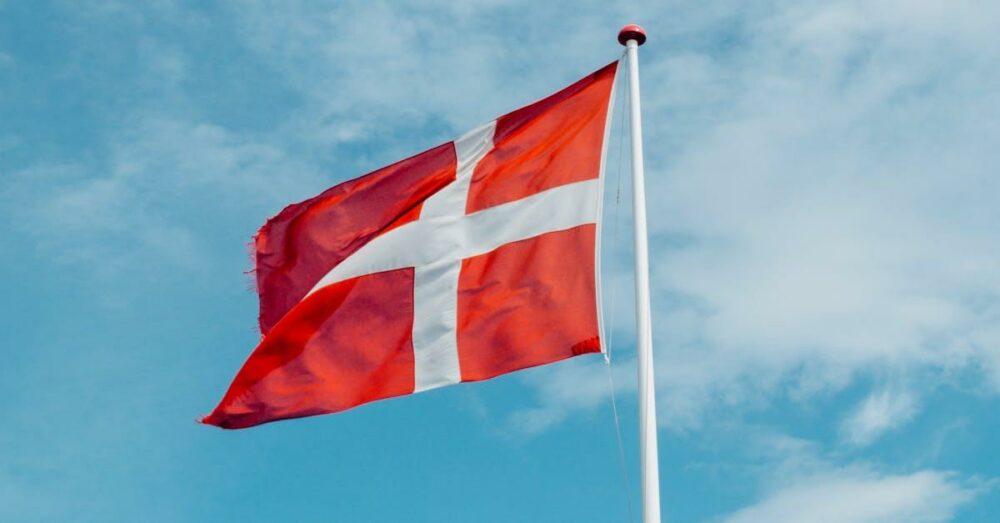Denmark is often celebrated for its high standard of living, world-renowned welfare system, and progressive social policies. But what truly sets Denmark apart in the global landscape is its embrace of a socialist-leaning model that prioritizes equality, sustainability, and social security for all citizens. While Denmark is officially a constitutional monarchy with a parliamentary democracy, its strong commitment to socialism—often referred to as social democracy—has shaped the country into one of the happiest and most prosperous places on Earth. In this article, we’ll explore the core principles of Danish socialism, its historical roots, and its impact on the nation’s social and economic systems.
The Foundations of Danish Socialism
Danish socialism finds its roots in the late 19th and early 20th centuries, during a period of industrialization and rising inequality. The labor movement played a significant role in advocating for workers’ rights, leading to the formation of Denmark’s Social Democrats in 1871. The party’s mission was to represent the working class and fight for a more equitable distribution of wealth and power.
The country’s socialist policies were officially solidified after World War II, when Denmark sought to rebuild its economy and establish a comprehensive welfare state. The aim was clear: to create a society where every citizen, regardless of their background, had access to quality healthcare, education, housing, and unemployment benefits. This marked the beginning of Denmark’s modern welfare system, which would come to symbolize the values of Danish socialism.
The Danish Welfare State: A Pillar of Socialism
The cornerstone of Danish socialism is the welfare state, which ensures that all citizens have access to essential services, such as universal healthcare, free education, and a generous social safety net. The concept of “hygge”—the Danish term for coziness or well-being—transcends just home life and applies to the broader societal framework. In Denmark, the government’s role is not just to create laws but to care for the well-being of every citizen.
In practice, this means that Danes enjoy universal healthcare, with no out-of-pocket costs for doctor visits, hospital stays, or medical treatments. Education, from primary school to university, is also free, enabling individuals from all backgrounds to access high-quality education. Denmark’s unemployment benefits are some of the most generous in the world, ensuring that those who lose their jobs have a financial cushion while they search for new opportunities.
The Danish Economic Model: A Mix of Capitalism and Socialism
Denmark operates under a mixed economy, where capitalism and socialism coexist harmoniously. While businesses thrive in a competitive market, the government plays a significant role in regulating industries and ensuring that wealth is distributed fairly.
One of the most striking features of the Danish economic model is its high tax rates. Denmark boasts one of the highest tax burdens in the world, with taxes reaching as much as 50% for the wealthiest individuals. However, this system is accepted by most Danes because the taxes fund public services that benefit everyone. In return for high taxes, Danes enjoy a comprehensive social safety net, which fosters a sense of social solidarity and reduces inequality.
The state also supports a strong labor market, with policies that emphasize workers’ rights, fair wages, and job security. This helps create a society where the gap between the rich and the poor is narrower compared to many other nations.
Socialism and Danish Culture: A Way of Life
In Denmark, socialism isn’t just a political or economic system—it is woven into the fabric of daily life. There’s a deep sense of communal responsibility, where individuals support one another and work together to maintain the social contract. This is visible in the country’s social values: an emphasis on egalitarianism, inclusivity, and respect for others.
The Danish concept of “solidarity” is a core tenet of their social policies, emphasizing that every individual, regardless of their economic status, deserves equal access to opportunities and resources. This ethos can be seen in the Danish work culture, which values collaboration over competition, and in the general attitude toward wealth, where people tend to avoid flaunting their financial success.
Challenges and Criticisms: The Future of Danish Socialism
While Danish socialism has undoubtedly contributed to the country’s success, it is not without its challenges. Critics argue that high taxes can stifle innovation and entrepreneurship, while others point out that the welfare state can create dependency for some individuals. Additionally, Denmark, like many other countries, faces issues related to immigration, rising costs, and an aging population, which could strain the welfare system in the coming years.
The Danish government is aware of these challenges and continues to adapt its policies to ensure that the country’s socialist values are sustainable in the long term. Ongoing reforms are being made to modernize the welfare state while maintaining its core principles of equality, solidarity, and well-being.
Danish socialism is not just a political philosophy—it is a way of life that ensures the well-being of all citizens, regardless of their social or economic standing. The country’s commitment to social democracy has shaped its high standard of living, world-class education and healthcare systems, and an egalitarian culture that values solidarity and collective responsibility. While challenges remain, Denmark’s socialist model continues to inspire the world as a beacon of hope for a fairer, more compassionate society. Through its unique blend of capitalism and socialism, Denmark offers valuable lessons on how to balance individual freedom with social responsibility, creating a nation that works for everyone. For more information on Danish society and culture, visit The Danish Dream YouTube channel.



















